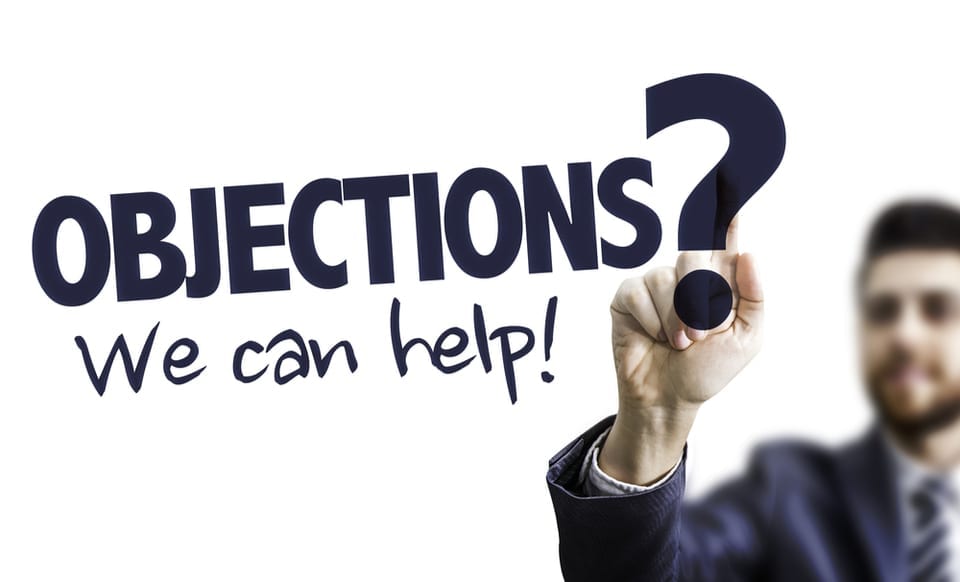Do you get a lot of objections when you call your insurance leads?
Are they typically the same ones over and over? Then it may not be a coincidence.
Many insurance agents are quick to blame a lead vendor when it comes to their lack of sales when it comes to insurance leads. However, if your leads are exclusive to you, delivered in real-time, and generated with your demographic needs then it’s not the vendors fault.
Sure, that sounds awful convenient but it’s true. A lead is simply someone who showed interest in your product by submitting a form. That’s it. Vendors can’t make them want to buy. They just gathered their info for you and sent it to you. It’s your job to sell them.
So, let’s help you understand why you’re getting lots of the same objections.
Why insurance leads give objections
First, you’re going to get objections on almost all of your calls. If you’ve been an insurance agent for any length of time, you can deflect some of them and understand it’s a natural thing. In fact, people who buy will give you more objections than those who don’t.
But if you’re getting a lot of objections that end calls for you and they’re the same type, we’re going to go over several common mistakes that will cause a reluctance to purchase a policy.
1. Information overload
Are you talking price, health, and everything they need to know over the phone before the appointment? That’s a lot for someone to process when they simply filled out a form. Your goal on the phone should be simply to set the appointment.
2. Not building enough value
If you’re at the appointment and they say they need to think about it, you may have given them information overload by offering too many options (try to stick to 3). But if they say they don’t want it or don’t need it, you may not be showing them enough value. Try showing five benefits before you go into price next time. Then, ask them if they like each one and make them pick a favorite.
3. You didn’t address their needs
Make sure you are doing a full needs assessment at the beginning of your appointments. It builds the relationship and gives you all their pain points. DO NOT MOVE ON until you feel like the relationship is ready and you know why they are shopping for a policy. The perfect way to start the needs assessment is by simply asking, “What got you thinking about this?”
Now that you know a little bit about why prospects bring up objections, Cody can help you rebuttal your more specific objections and help you get less of them.










